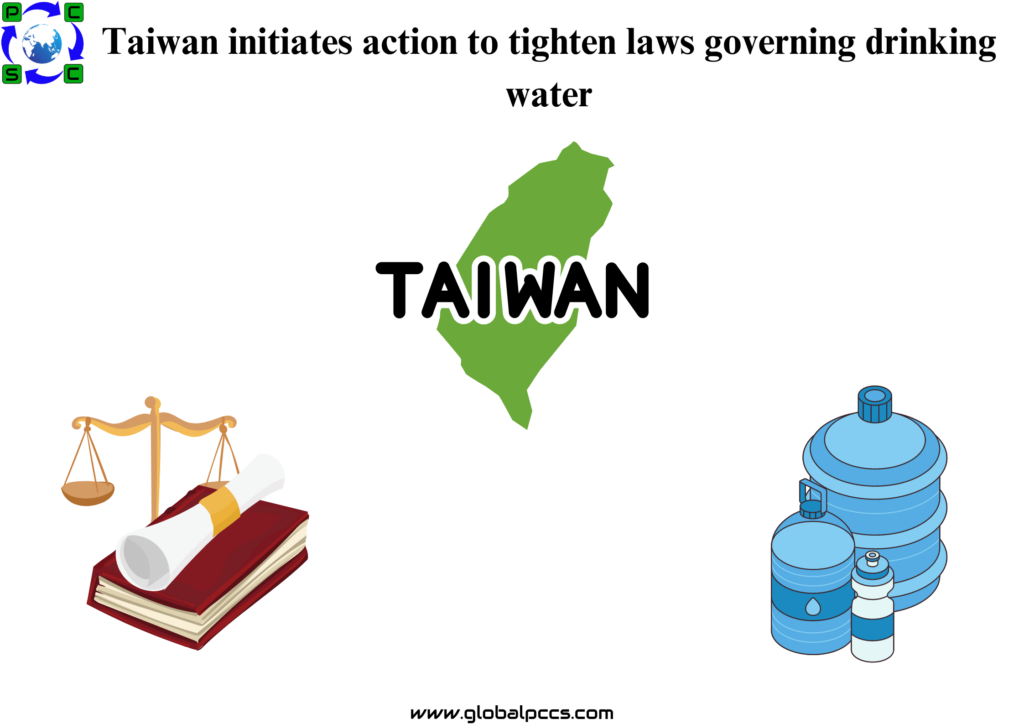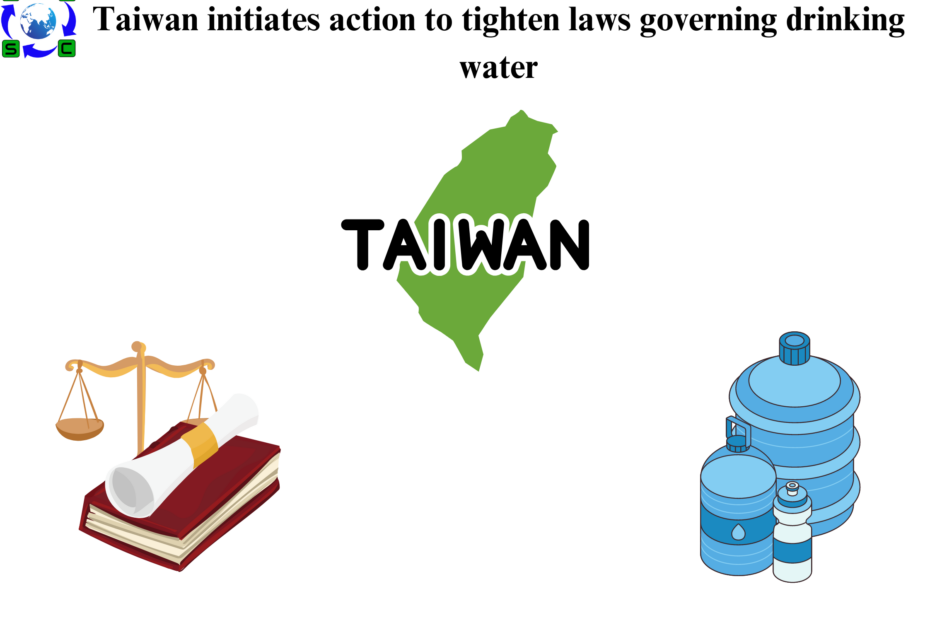 A Ministry of Environment official announced that the government will tighten regulations on per- and polyfluorinated alkyl compounds (PFAS) in drinking water in light of the finding that exposure to PFAS raises the risk of a number of diseases, including several forms of cancer.
A Ministry of Environment official announced that the government will tighten regulations on per- and polyfluorinated alkyl compounds (PFAS) in drinking water in light of the finding that exposure to PFAS raises the risk of a number of diseases, including several forms of cancer.
According to the ministry, PFAS has been linked to an increased risk of cardiovascular ailments, infertility issues, and developmental difficulties in children, in addition to specific cancer kinds.
In order to comply with the Stockholm Convention on Persistent Organic Pollutants, the ministry published an amendment to the Categories and Management of Handling for Toxic Chemical Substances on April 24. This amendment added 147 substances total—a list of strictly prohibited toxic chemical substances—including PFAS such as perfluorohexane sulfonic acid (PFHxS), its salts, and compounds related to PFHxS.
The goal of the international environmental treaty known as the Stockholm Convention on Persistent Organic Pollutants is to safeguard human health and the environment by eradicating or severely limiting the production and use of persistent organic pollutants.
The amendment states that due to the severe toxicity, PFHxS, its salts, and similar substances may only be used in Taiwan for testing, research, and educational purposes.
According to the government, PFAS in drinking water may have a negative impact on human health.
Consequently, last year the ministry assigned National Cheng Kung University the responsibility of looking into drinking water toxins.
According to the ministry, each of the PFAS family’s chemicals—perfluorooctanoic acid (PFOA), perfluorooctane sulfonic acid (PFOS), and PFHxS—was tested fifty times as part of the program.
The total amount of PFOA and PFOS would be limited by the standards to 50 nanograms per liter (ng/L). PFOS and PFHxS levels together cannot be greater than 70ng/L. These guidelines correspond to Australia’s limitations.
With the new regulations, Taiwan would become the first nation in Asia to approve PFAS drinking water quality standards.








 Authorised IMDS & CDX Training & Consulting partner for
Authorised IMDS & CDX Training & Consulting partner for





